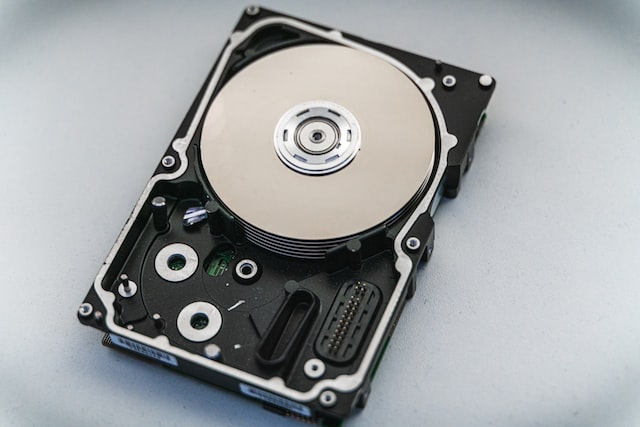To start, it is indeed possible for a computer to operate without a hard drive. However, this largely depends on the specific circumstances and intended use of the computer. A hard drive is a non-volatile storage device that stores data on magnetic disks or solid-state memory. It houses the operating system, applications, and user files. Therefore, without a hard drive, the computer would be unable to store any data permanently, and any changes made would be lost once the computer is powered down.

There are several scenarios in which a computer can operate without a hard drive. For example, modern computers can boot from external devices such as CDs/DVDs or USB drives. In this case, an operating system (OS) can be installed onto the external device, allowing the computer to be booted from it, and used without a hard drive. This can be beneficial for diagnostic purposes such as troubleshooting a computer that won’t boot or for running specific software that requires a particular OS.
Another option is to use a Live CD/DVD/USB, which is a type of operating system that runs entirely from the external device. It does not need to be installed on the hard drive, which means that the computer can be used without a hard drive, and any changes made will be saved to the external device. Live CDs/DVDs/USBs are commonly used for tasks such as data recovery, system administration, and security testing.
Additionally, network booting is a process that enables a computer to boot from a network location instead of a local hard drive. This is often utilized in business environments, where a company may want to maintain a consistent OS across multiple computers, or where data security is a concern. Network booting allows a user to use the computer without a hard drive, and any changes made will be saved to the network location. This provides a consistent OS and application environment across multiple computers, without requiring anything to be installed locally.
Finally, a thin client is a type of computer that relies on a central server to provide its operating system and applications. In this case, the computer does not need a hard drive, as all of the data is stored on the server. Thin clients are often used in business environments where data security and management are of concern. They are easy to manage, as all of the software and data are stored centrally. However, they require a fast and reliable network connection and may not be suitable for certain applications.
In conclusion, there are various ways in which a computer can operate without a hard drive. Depending on the specific circumstances and intended use of the computer, any of the above methods may be appropriate. While operating without a hard drive can have its benefits, it is important to consider the potential drawbacks, such as limited storage capacity, the need for a network connection, and the potential loss of data if the external device is lost or damaged.
